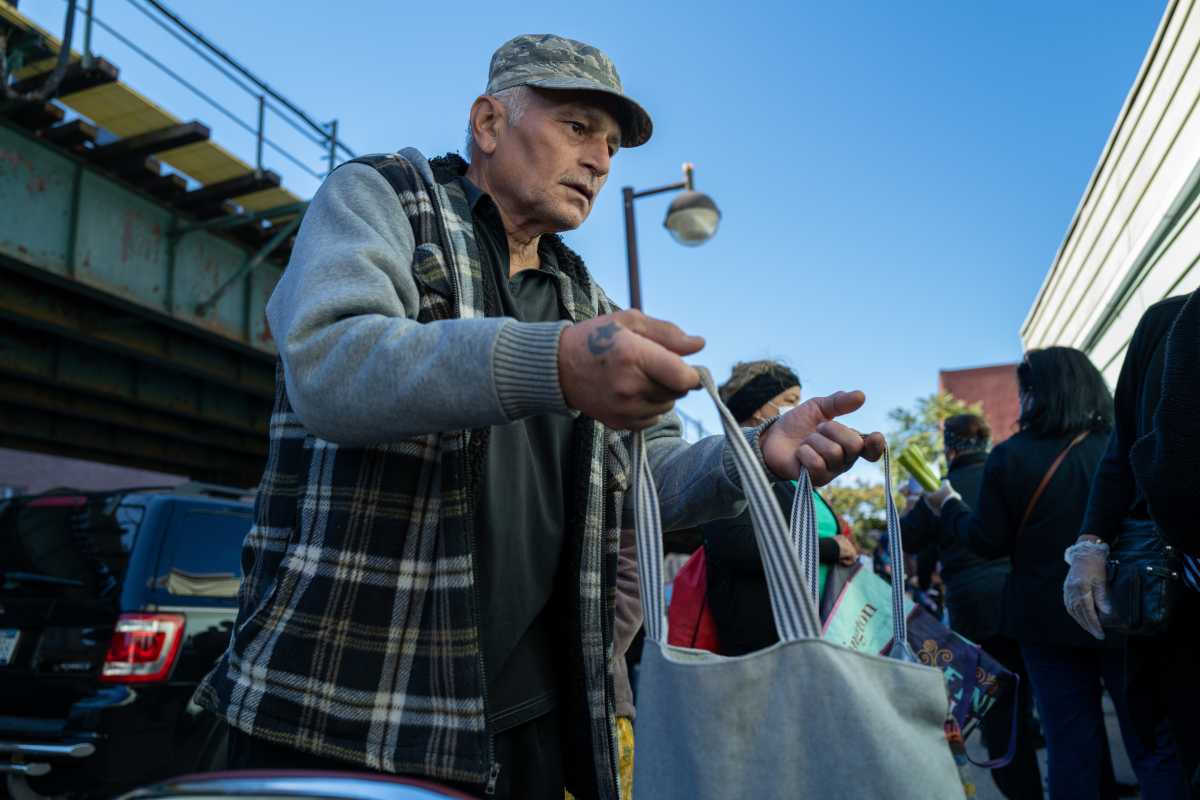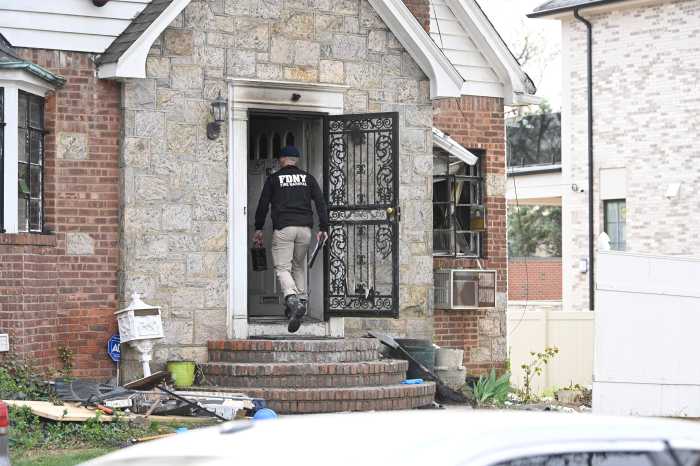Caribbean
American Airlines and American Eagle have announced that they will be making more cuts to the company’s San Juan operations with additional five-route cancellations from April 2011, including Trinidad and Tobago.
Four Caribbean destinations – Anguilla, La Romana, Port of Spain and Puerto Rico – are among the latest to be cut from the airlines’ scheduled. Also to be dropped from the schedule is Washington Dulles.
The reduction, including five, which were announced in September to also take effect on April 3, 2011, will leave American Airlines and American Eagle with a combined 36 daily flights, down from 58 at present, as they pull back their once-huge Caribbean operations.
American launched its Caribbean service in 1971 when it bought Trans Caribbean Airlines.
It opened a connecting hub in San Juan in 1986, growing it by 2001 to 135 flights operated by American and American Eagle.
Caribbean
Australia has given a commitment to provide millions of dollars in support to the Caribbean Community (CARICOM) over the next four years.
Following the recent Inaugural CARICOM- Australia high-level meeting on the Development Assistance Partnership, director-general of the Australian Agency for International Development, Peter Baxter, pledged that his country’s co-operation with the regional body will see “real outcomes and practical assistance,” as it will provide a total of AUD$63.8 million (US$63.7 million) in assistance to CARICOM-member countries.
Caribbean
Even as Caribbean tourism officials try to woo British travelers to the islands, British Airways recently announced that it would be increasing its fuel surcharge on long-haul services by an additional $15.86 per sector, which equals $31.71 per sector for a return fare.
This now means that return travelers to the Caribbean from the United Kingdom would face an additional minimum surcharge of $199.77 or a maximum of $4,342.47 depending on what class of flight they purchased.
Barbados
The Queen Elizabeth, one of the largest cruise ships, recently sailed into the Bridgetown Port, Barbados, joining four other ships to bring a total of 6,186 passengers to the island one day after Christmas.
Queen Elizabeth made Barbados its second port of stay on its inaugural trip bringing all of the pomp and pageantry that would follow the arrival of the monarch whose name it bears.
Minister of Tourism Richard Sealy, British High Commissioner Paul Brummel, along with chairman of the Port David Harding, and general manager Ryan Blackett were on hand to welcome the vessel.
In welcoming the ship and crew, Sealy expressed his joy and pride in the fact that Barbados was able to accommodate such large vessels without having to use the method of years ago where the ship berthed offshore and the passengers had to be ferried to the port.
Chairman Harding promised that the Bridgetown Port would be redefined as it relates to cruise tourism.
Barbados is moving to become the number one cruise destination in the Southern Caribbean.
Cayman Islands
From next year, Jamaicans traveling to the Cayman Islands, who have valid U.S., U.K. or Canadian visas will no longer require a separate visa to enter the country.
Premier McKeeval Bus told delegates at the Northern Caribbean Conference on Economic Cooperation recently that the changes would be implemented in January.
Bush had first announced his intention to scrap the requirement introduced in November 2005 in the legislative assembly earlier this year.
He said the visa waiver was one of several immigration reforms in his economic plan designed to create a better business climate for international and regional travelers.
He said the new one-five-day business visa will be introduced for business travelers visiting for legitimate business purposes.
“In these instances the business visa will replace the need for these persons obtaining temporary work permits for short trips to attend meetings or conference,” Bush said.
The conference brought together heads of government and leaders in various fields from education to tourism to focus on issues relating to the Bahamas.
Jamaica
The Jamaican government is pushing for the country to have its own final court of appeal, and it has the support of the opposition on this move.
Jamaica has long resisted having the Trinidad-based Caribbean Court of Justice (CCJ) as its final criminal appellate court, choosing to remain with Britain’s Privy Council.
But now Prime Minister Bruce Golding says even with the much improved CCJ, the Jamaican judiciary was competent to have its own final court of appeal.
Golding said that even though the constitution gives parliament the right to replace the Privy Council with a two-thirds majority vote, he would still prefer a national referendum.
St. Lucia
The International Monetary Fund (IMF) has agreed to provide $8.2 million in emergency fund to help St. Lucia manage the aftermath of Hurricane Tomas, which dealt a devastating blow to the island during the last two days of October.
IMF Mission Chief for St. Lucia Alfred Schipke said an agreement had been reached in principle. The emergency financing is subject to approval by IMF management and the executive board, which could consider the request in mid-January.
The funds will consist of a disbursement of $5.86 million under the IMF’s rapid credit facility and a $2.3 million purchase under the fund’s emergency natural disaster assistance, which would be allocated to St. Lucia’s budget to support the authorities’ emergency response.
Trinidad
The Trinidad and Tobago government has agreed to abolish the system of preliminary inquiries.
This was revealed by Justice Minister Hubert Volney who said there will be a new pre-trial procedure that ensures persons are given a hearing within a reasonable time
He said the new pre-trial system “will honor the rights of accused persons while at the same time ensuring swifter justice,” and the next move will be to secure the passage of the legislation to give effect to the new system by March.
Volney said while there will be further consultations with the Law Association, the Criminal Bar Association and other stakeholders, there remained an urgent need for action.
He added there would also be consultations with the chief justice on the proposed changes.
He said the measure would ensure immediate benefits, including a shorter time for prisoners in Remand Yard and a reduction in the deaths of state witnesses.
The justice minister said a preliminary inquiry requires the prosecution to present sufficient evidence to warrant a criminal charge being laid and to enable a magistrate to commit the accused to stand trial before a judge and jury.
Trinidad
Trinidad and Tobago has concluded an open-skies air transport agreement with Canada, which will give Caribbean Airlines (CAL) additional flexibility for route selection, frequency of service and price setting.
Canada recently concluded a similar agreement with Jamaica, according to a statement from Canada’s Minister of Transport, Infrastructure and Communities, Chuck Strahl.
He said these agreements are further positive steps in the implementation of Canada’s government’s Blue Sky policy.
Strahl said the agreements will enforce Canada’s commercial relationship with four of “our most significant trade partners in the Caribbean Community.”
“Canada would like to build the momentum as we move forward in our negotiations toward a free trade agreement with the Caribbean Community,” he added.
Air services between Canada and Trinidad and Tobago have been operated for decades.
The agreements are being applied on an administrative basis, which allows new air services to begin immediately.
Since the launch of the Blue Sky Policy in November 2006, the Canadian government has negotiated air transport agreements with more than 50 countries.
Compiled by Azad Ali
























